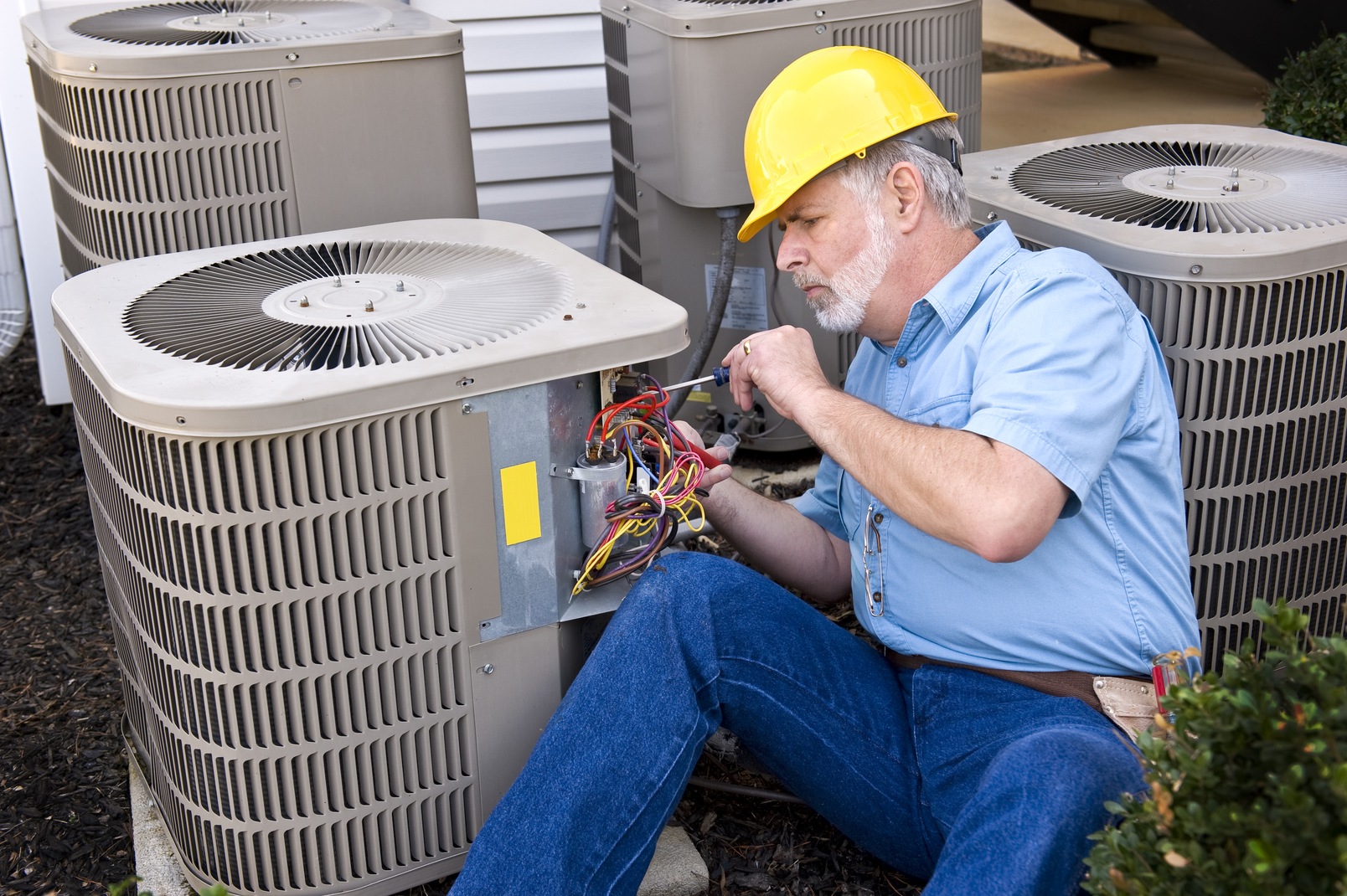Being a homeowner, guaranteeing your HVAC system runs efficiently is essential for ensuring a pleasant living environment, especially with transitioning seasons. The heating, ventilation, and air conditioning system, often known as HVAC, has a crucial role in regulating indoor temperatures, providing fresh air, and maintaining proper humidity levels. Nonetheless, dealing with the complexities of these systems can be intimidating, especially for those that are new to homeownership or are unfamiliar with the operation of these systems.
In this article, we will explore the top ten HVAC maintenance tips that every homeowner should know. From understanding the basics of how your HVAC system functions to identifying common problems and knowing when to call in a professional, these tips will help you to manage your home's heating and cooling needs. With the right knowledge and practices, you can prolong the life of your system, enhance indoor air quality, and finally reduce money on energy bills. Let's dive into the essential maintenance strategies that will keep your HVAC system functioning well year-round.
Understanding HVAC Technologies
HVAC is an acronym for heating, ventilation, and air conditioning. It denotes the technology that provides indoor ambient comfort through thermostatic regulation, humidity regulation, and air quality management. A well-designed HVAC system takes a crucial role in ensuring a pleasant and well-balanced living space, making it an essential component of today's homes.
Heating units are tasked with warming the inside of a structure. Common types include furnaces, heat exchangers, and boilers. Cooling units, usually represented by air conditioning units, are designed to cool the indoor air, providing comfort during sweltering months. Ventilation, often involving the circulation of outside air, is important for maintaining indoor air quality, helping to eliminate pollutants and maintain a fresh atmosphere.
Understanding how these systems interconnect is key to efficient operation. The balance between warmth and cooling controls indoor climate, while adequate ventilation enhances air quality. Familiarizing yourself with your HVAC system's components and functions can enable you to take informed choices about maintenance, upgrades, and eco-friendly practices.
Key HVAC Maintenance Advice
Routine maintenance of your HVAC unit is vital for maintaining its effectiveness and longevity. One of the simplest yet most effective suggestions is to swap your air filters every two to three and 3 months, based on how often you use it and the type of air filter. Dirty filters can limit airflow and make your system to operate harder leading to elevated energy bills and potential damage. Maintaining a regular schedule for replacing air filters not just improves air quality and also enhances the overall performance of your HVAC system.
A further essential maintenance advice is to book yearly professional inspections and tune-ups. A skilled technician can detect and address issues before they escalate into expensive repairs. During these inspections, the technician will maintain the coils, check refrigerant levels, and make sure that all components are working properly. This proactive approach not only helps maintain performance but also extends the life of your HVAC system, saving you money in the future.
In conclusion, making sure that your outdoor unit is clear of debris is important for optimal efficiency. Regularly check for leaves, grass, and additional obstructions that could restrict airflow. Keeping the area around your outdoor condenser unit clear allows for improved heat exchange, improving efficiency. Additionally, think about covering the unit during harsh weather conditions to shield it from possible damage and ensure its operability when the season shifts.
Efficiency of Energy and Cost Savings
Boosting the energy efficiency of your HVAC system can lead to substantial cost savings on your utility bills. Consistent maintenance, such as changing air filters and cleaning ductwork, ensures that your system operates effectively, lessening the workload on your heating and cooling units. By making simple adjustments, like sealing leaks around the windows and doors, you can also prevent treated air from escaping, which helps your HVAC system run less often and reduces costs.
Putting money into a smart thermostat can improve energy efficiency. These devices allow you to set heating and cooling timings according to your lifestyle, ensuring that energy is not spent when you are not present. Additionally, https://www.berkeys.com/fort-worth-air-conditioning/ can monitor your energy usage and recommend adjustments to optimize efficiency. The reduction in costs from reduced energy consumption can swiftly balance out the initial cost of purchasing a smart thermostat.
Finally, think about investing in energy-efficient HVAC systems that are designed for optimal performance with minimal energy use. Look for systems approved by Energy Star, which follow strict efficiency guidelines. While the upfront investment may be greater, the long-term savings achieved through lower energy bills and possible subsidies can make these systems worth the expense. Implementing these energy-efficient practices not only advantages your finances but also contributes to a more sustainable environment.

